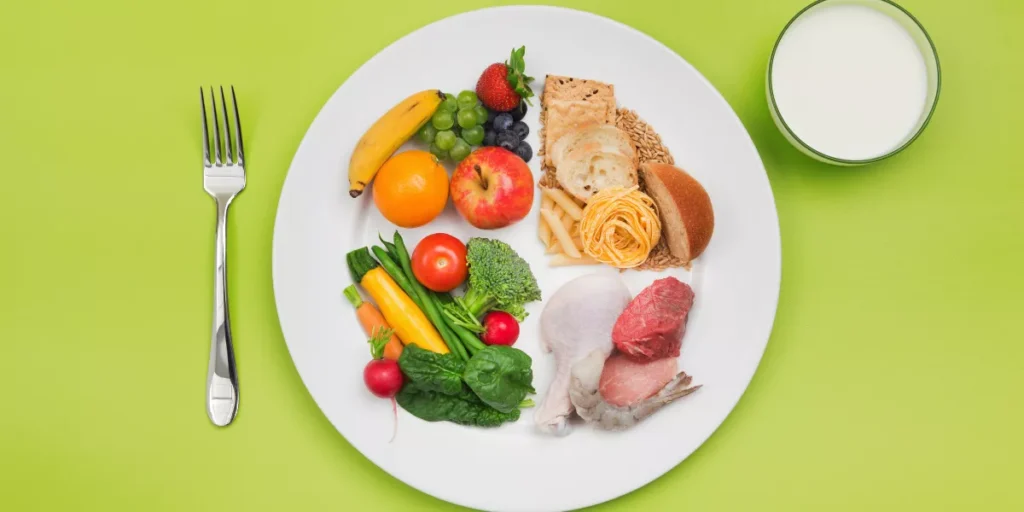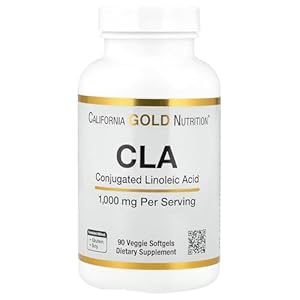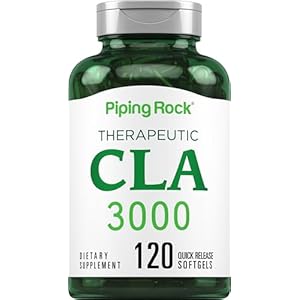
You might be surprised to learn about the crucial role fiber plays in maintaining a healthy diet. Not only does it aid in digestion and prevent constipation, but its benefits extend far beyond just gut health. The impact fiber has on weight management and blood sugar control is significant, making it a key component of overall wellness. Before you make any dietary changes, consider how fiber could be the missing piece to your health puzzle.
Importance of Fiber
When incorporating fiber into your diet, you’re enhancing your digestive health and promoting overall well-being. Fiber plays a crucial role in maintaining a healthy digestive system by aiding in proper digestion and preventing constipation. By adding fiber-rich foods like fruits, vegetables, and whole grains to your meals, you’re ensuring that your digestive system functions efficiently.
Moreover, fiber contributes to a feeling of fullness, which can help in weight management by reducing overeating. It slows down the absorption of sugar, promoting better blood sugar control and reducing the risk of developing type 2 diabetes. Additionally, a diet high in fiber has been linked to a lower risk of heart disease by helping to lower cholesterol levels.
Incorporating fiber into your diet isn’t only beneficial for your physical health but also for your overall well-being. It can boost your energy levels, improve your mood, and support a healthy immune system. Therefore, make sure to include a variety of fiber sources in your daily meals to reap these numerous health benefits.
Types of Dietary Fiber
To understand the role of fiber in a healthy diet, it’s essential to distinguish between the two main types of dietary fiber: soluble and insoluble. Soluble fiber dissolves in water and forms a gel-like substance in the digestive tract. It can help lower cholesterol levels and regulate blood sugar levels. Good sources of soluble fiber include oats, peas, beans, apples, citrus fruits, and carrots.
On the other hand, insoluble fiber doesn’t dissolve in water but rather adds bulk to the stool, aiding in digestion and preventing constipation. Foods rich in insoluble fiber include whole grains, nuts, seeds, and vegetables like broccoli and cauliflower.
Both types of fiber are crucial for maintaining a healthy digestive system and overall well-being. By incorporating a variety of foods that contain both soluble and insoluble fiber into your diet, you can support a healthy gut, promote regular bowel movements, and reduce the risk of digestive issues.
Benefits for Digestive Health
Enhancing your digestive health through a fiber-rich diet provides essential support for overall well-being and internal balance. Fiber plays a crucial role in maintaining a healthy digestive system by aiding in regular bowel movements and preventing constipation. It acts as a prebiotic, promoting the growth of beneficial gut bacteria, which are essential for proper digestion and immune function.
Moreover, fiber helps to prevent diverticulitis, a condition characterized by inflammation in the digestive tract. By softening the stool and increasing its bulk, fiber reduces the risk of developing diverticula, small pouches that can form in the colon. This, in turn, lowers the chances of infection and discomfort in the intestines.
Additionally, a high-fiber diet can alleviate symptoms of irritable bowel syndrome (IBS) by regulating bowel movements and reducing bloating and gas. The soluble fiber found in foods like oats, beans, and fruits can help absorb water in the intestines, providing relief from diarrhea. By incorporating a variety of fiber-rich foods into your diet, you can significantly improve your digestive health and overall well-being.
Impact on Weight Management
Including an adequate amount of fiber in your diet can significantly impact weight management goals. Fiber-rich foods help you feel full and satisfied, reducing the likelihood of overeating. By adding bulk to your meals, fiber slows down digestion, keeping you fuller for longer periods. This can lead to consuming fewer calories throughout the day, aiding in weight loss or maintenance. Additionally, high-fiber foods often require more chewing, promoting mindful eating habits and giving your body more time to recognize feelings of fullness.
Moreover, fiber helps regulate blood sugar levels, preventing spikes and crashes that can lead to cravings for unhealthy foods. Stable blood sugar levels contribute to better appetite control, making it easier to manage your weight. Fiber also supports a healthy gut microbiome, which is linked to weight regulation and overall health. By promoting regular bowel movements, fiber aids in the removal of waste and toxins from your body, supporting a healthy metabolism and potentially contributing to weight management efforts.
Incorporating Fiber-Rich Foods
Incorporate fiber-rich foods into your diet by making simple, nutritious swaps that can positively impact your overall health and weight management goals. Start your day with a high-fiber breakfast by choosing whole grain cereals or oats instead of refined grains.
Snack on fruits like apples, berries, or pears to boost your fiber intake throughout the day. Replace white rice or pasta with quinoa, brown rice, or whole wheat options to add more fiber to your meals.
Include legumes such as beans, lentils, and chickpeas in your lunches and dinners to increase your fiber consumption. These plant-based proteins aren’t only rich in fiber but also provide essential nutrients for your body.
Add vegetables like broccoli, Brussels sprouts, and carrots to your meals to enhance the fiber content while also benefiting from their vitamins and minerals. Opt for whole fruits instead of fruit juices to get more fiber and avoid added sugars.
Diet & Sports Nutrition














